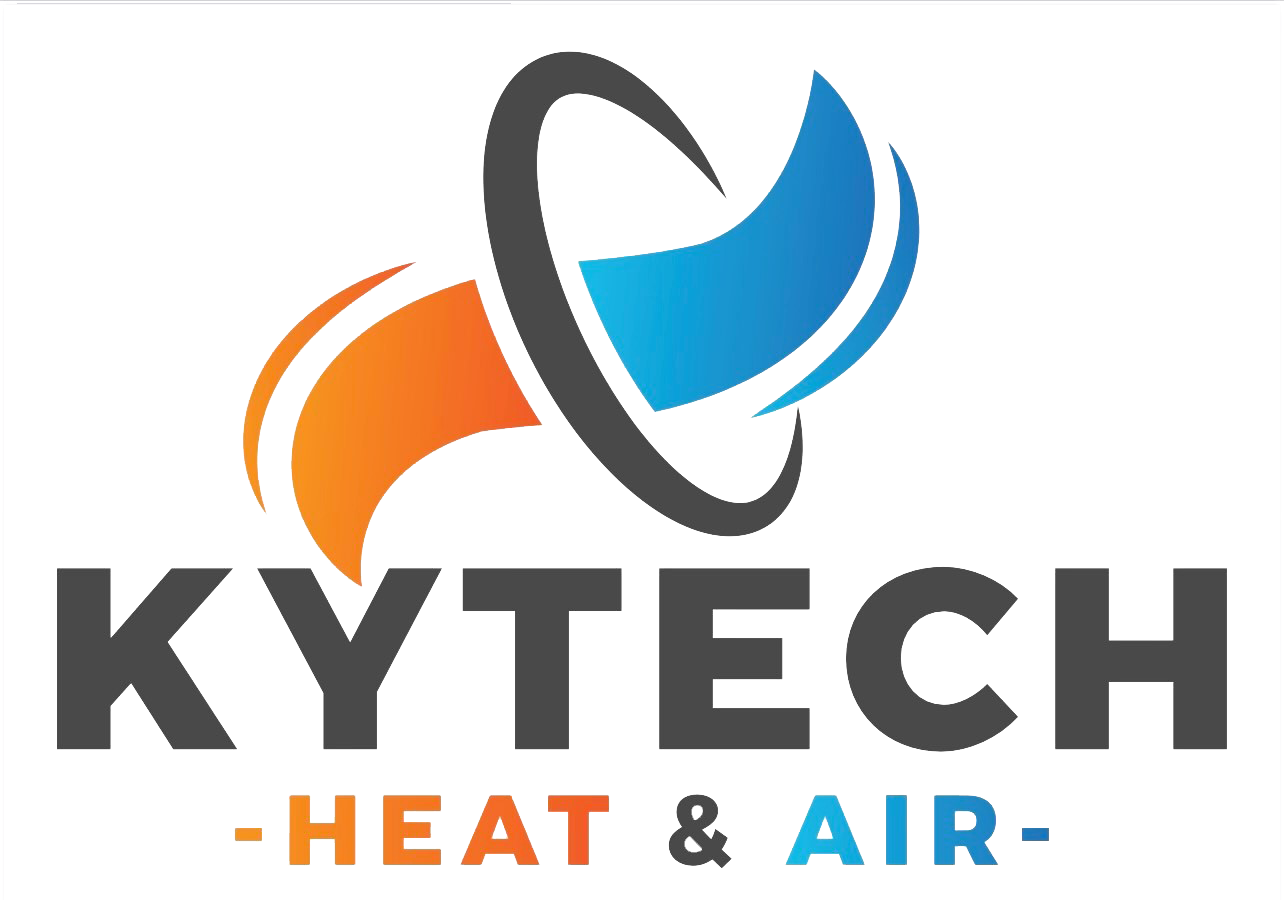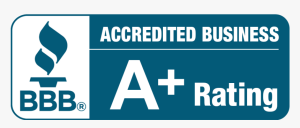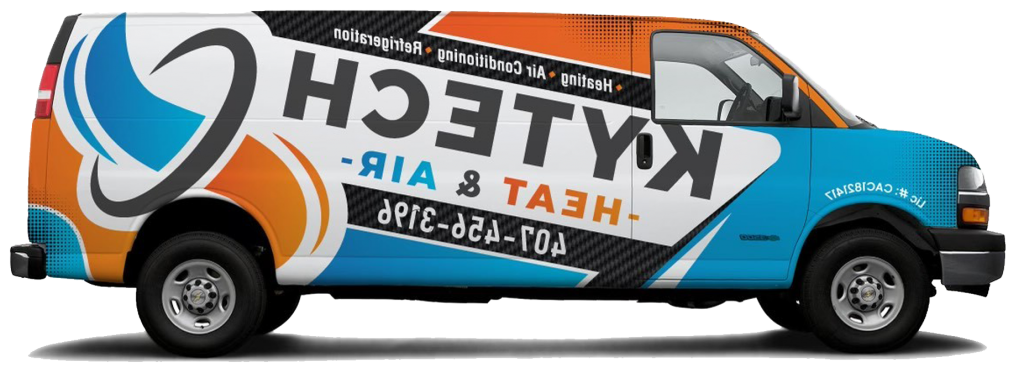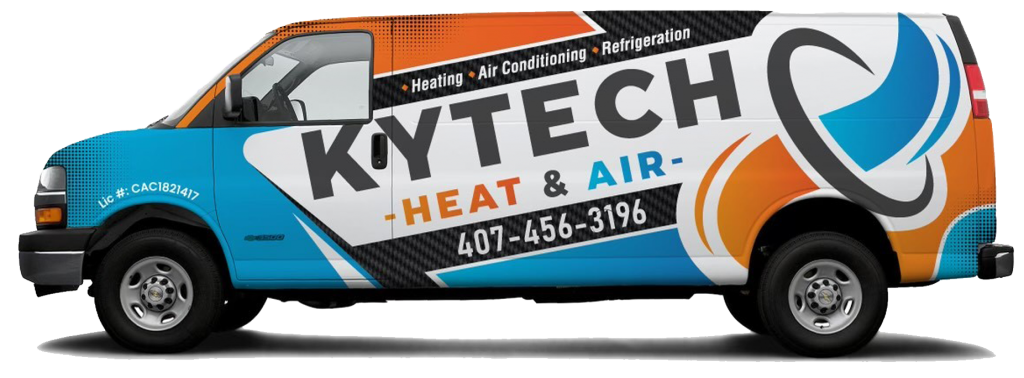Sometimes a heating and air conditioning system just needs to be repaired rather than completely replaced. You may need air conditioning repair services if there is leaking around the outside unit, the air coming into the house isn’t hot or cool enough, the unit is short-cycling or constantly turning on and off, using the system is consistently resulting in higher-than-normal energy bills, or if there is excessive noise during startup and operation.
The price to repair your HVAC system depends on what is wrong with your system. We’ve outlined some common problems and other factors that could determine how much you pay for repairs in our HVAC Service Cost Guide.
Even if your air conditioning unit is still working, depending on the type of system in your home today, you could recoup your investment in a new system in as little as three years. However, that doesn’t mean that your system needs to be replaced. Furnaces, air conditioners, and other heating and cooling systems have made tremendous gains in efficiency over the past five years, so if you have an older unit, it is worth taking a look at whether or not a repair is the best investment.
Start with your utility company; they can help a great deal. Comparing previous bills isn’t always a good measure, as the weather is never exactly the same month to month. Instead, if you take your energy bill and divide it by the square footage of livable space in your home, don’t count areas like unfinished garages or basements — you can calculate how much you are spending to heat or cool each square foot of your home. Your energy provider can tell you what the average cost per square foot is in your region for that same period of time so you can compare apples to apples.
While there’s nothing you can do to guarantee your air conditioner or furnace will never need repairs, there are ways to take better care of your system. Changing out the air filters every 3-6 months, making sure nothing is obstructing or interfering with the outside unit, and keeping all vents unblocked in well-used rooms will help keep your air conditioning and heating system operating efficiently.
Yes. You should expect to pay a diagnostic fee to cover the cost of the technician’s visit, the diagnosis of your air conditioner’s problem, and a quote for the repair options. You will be advised of the issue along with recommended options to correct it, which may include a system replacement if your unit is old or significantly damaged. If you decide to replace the system, the diagnostic fee will be credited toward your replacement purchase.
Yes. Our local professionals can handle all of your heating and cooling repair needs including service for your furnace, air conditioner, mini split, heat pump, air handler or boiler.
An air conditioner cleans, circulates, cools and dehumidifies (removes undesirable moisture from) indoor air. A filter cleans the air by trapping dust and other small particles. An air handler (blower built into the system) circulates it, while the cooling and dehumidifying are accomplished by a process called refrigeration.
Refrigeration. Refrigeration cools a home by transferring heat inside a home to the outdoors. All central air conditioners employ two main units in this process – the indoor unit and the condensing unit.
The indoor unit. This unit removes undesirable indoor warmth and humidity. It includes the filter, the air handler and the evaporator coil. The air handler blows filtered air through the evaporator coil.
The evaporator coil is kept cold by the circulation of a substance called a refrigerant. Air that travels across the evaporator coil gives up heat (the colder coil absorbs it) and humidity (moisture condenses upon contact with the cold surface of the coil).
The cooler, drier air that continues through the air ducts is vented throughout your home to maintain your desired comfort level. Depending on the structure of your home, the ductwork may be above the ceiling or below the floor.
The condensing unit. Outdoors, at the condensing unit, an air conditioner releases the heat that was captured indoors. The same refrigerant that absorbed the heat indoors at low pressure is now pressurized – by the compressor – and is circulated through another coil, the condensing coil.
In the condensing coil, under high pressure, the refrigerant releases its heat very quickly, making the coil itself hot. A fan blows across the coil, cooling its temperature down and transferring the heat to the outside air.
Obviously, an air conditioner that’s too small won’t keep your home sufficiently cool. But what many don’t realize is that an oversized system will cycle (turn on and off) more than necessary, wasting expensive energy and possibly putting undue strain on the compressor. A-1 Heat & Air will determine the optimum size for your home by making a careful study of your cooling requirements. Window dimensions and exposure. Floor space, insulation and local climate. Heat-generating appliances. The direction your home faces. Even the amount of your home’s exterior shaded by trees.
We’ll specify the cooling capacity of the system in either Btu/h (British thermal units of heat removed per hour) or refrigeration tons (one ton being equal to 12,000 Btu/h).
There are several reasons for an air conditioning system to freeze up and they are ALL related to a lack of maintenance. Air conditioning coil freeze up is caused by a lack of airflow or a lack of refrigerant (FREON). Both of these conditions are easily and routinely found on a service check. Kytech Heat & Air will make sure airflow passages are free and that you are refrigerant (FREON) charge is up to standard.



